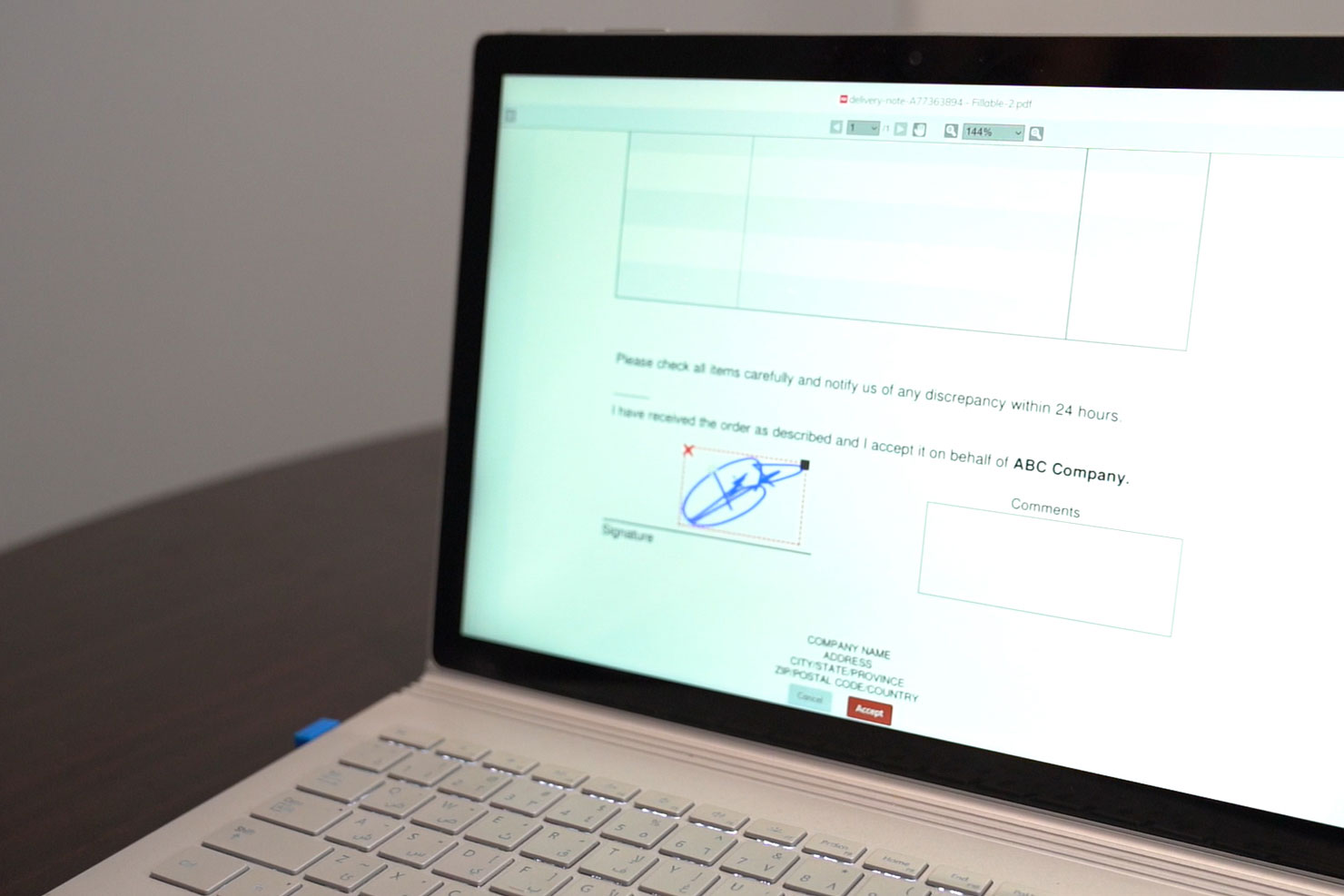Differences and Benefits between Handwritten Signatures VS. Digital Signatures
For many years, Handwritten Signatures or wet signatures and seals were the primary means of document verification. However, in today’s digitally dominated world, digital signatures have emerged as a more secure method of authenticating documents.
This blog post will provide a detailed comparison between handwritten and digital signatures.
What does Handwritten Signatures or Wet Signature mean?
A Wet signature, also referred to as a “handwritten signature,” is a person’s scripted name or legal mark placed on a paper document to confirm its validity and endorse their involvement in a contract, agreement, deal, or any legally binding arrangement. This type of signature is called “wet” because it is made with an ink pen and typically takes time to dry.
What is digital signature?
The Online Digital Signature, also known as an “Electronic Signature” or “E-Signature” is a code created through public key encryption and attached to digital documents to confirm the legitimacy of its contents and the identity of the signer.
A comparison between Wet Signatures and Digital Signatures:
Although wet signatures have been used for decades, they have become outdated and unsuitable for modern business transactions. Here are some of the main differences between the two types of signatures
Corporate Identity
As companies start to apply digital transformation, it is crucial to reflect a modern and professional image to employees, customers and partners. Integrating digital signature technology into corporate workflows represents a significant step towards sustainability and conveys a sophisticated corporate image.
Business expenditures
Using handwritten signatures requires a substantial amount of paper, in addition to the significant time wasted in mailing the paper documents to signers. In contrast, digital signatures eliminate the need for paper entirely and reduce the signing time to a few minutes, resulting in a considerable reduction in company expenses.
Fraudulent Activities and Modifications
Forgery of handwritten signatures can remain undetected until someone raises suspicions about their authenticity and reports it to the authorities. On the other hand, any attempt to forge a digital signature is promptly detected and reported to the document’s verifiers due to the protection provided by public key encryption.
Automation of Process Workflow
Traditional paper signatures involve numerous related procedures such as purchasing paper and ink, printing, packaging, mailing, retrieval, and storage. In addition to the significant manual effort involved, this process is time-consuming and subject to many errors due to human factors.
In contrast, digital signatures require only a few simple steps to create a digital document, send it to the signing parties, retrieve it, and store it within a matter of minutes. There is no need for expensive tools or a large number of employees, no requirement for storage cabinets that take up a lot of office space, and errors are minimized due to workflow automation.
Legal Compliance and Security
Regarding security, digital signatures provide greater protection for signed documents against forgery and against tampering with the content of the document after signing. Additionally, the signed documents can be safely stored in a secure and protected cyberspace on the cloud, unlike handwritten signatures that must be physically stored and safeguarded against theft.
Concerning legality, digital signatures are legally recognized in Saudi Arabia, and digitally signed documents hold the same legal weight as handwritten signatures in front of the Saudi courts. However, certain types of documents still require handwritten signatures to be considered valid, such as wills, some types of power of attorneys, adoption documents, and marriage and divorce agreements.
The impact of digital signatures on international trade is predicted to be significant. Digital signatures expedite and streamline commercial agreements, connecting traders from all corners of the globe. Saudi Arabian businesses must select a trustworthy local provider of digital signature software that offers a user-friendly platform that complies to the country’s legal requirements. Indorse is a locally hosted digital signature transaction platform designed explicitly for Saudi Arabian businesses and complying with local laws. For more information about our product, please contact our customer support team.









